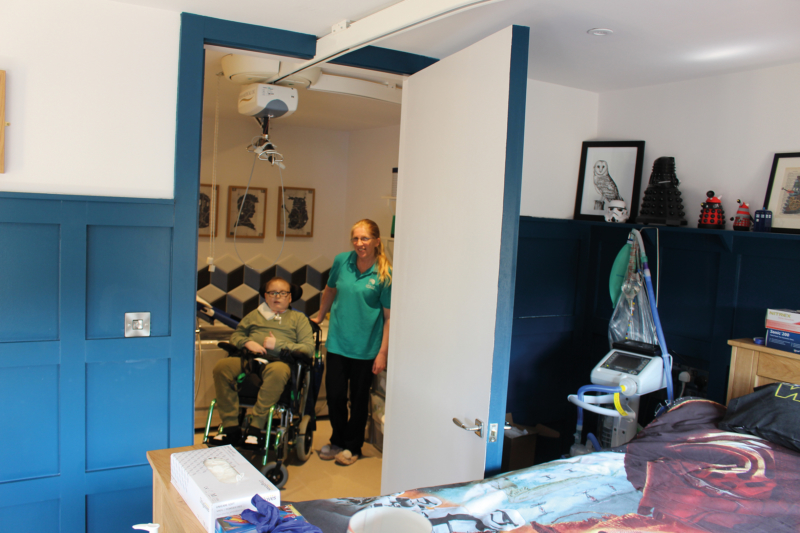Bathing and sleep – joining the dots
Bathing is a widely accepted activity as part of a bedtime routine, particularly for (but not exclusively) children but do we really know why?
The routine itself is obviously important as it provides comfort, safety and an antecedent or precursor to bed and ultimately sleep. The bath does however provide other, more physiological support to sleep and it’s this information that is important to know as it can help to justify bathing recommendations based on the evidence through robust clinical reasoning.
There have been numerous studies that consider the relationship between bathing and sleep, including Murphy et al (1997)[1] and Kanda (1999)[2] who concluded that groups of participants who bathed had a better night sleep, using empirical/quantitative and qualitative data.
More crucially, in 2019 biomedical engineers at the University of Texas[3] conducted a systematic review of over 5,300 sleep-based studies, linking water based passive body heating, or bathing, with improved sleep. The review provided more specific information on the bathing/sleep relationship including:
- Bathing should take place 90mins before sleep
- Water temperature should be 40–42 degrees to maximise the benefits
The positive links were based on data collected relating to sleep onset latency, total sleep time, sleep efficiency and subjective sleep quality. They found that bathing had the biggest impact on the circadian cycle (the natural internal process that regulates the sleep–wake cycle) and was due to the impact of raised body temperature during bathing, leading to the more rapid reduction in temperature on leaving the water. It’s this drop in temperature that affects the circadian process and induces sleep.

Although sleep itself is a purposeful activity, in justifying the link between bathing and sleep to support adaptations/installation it is then important to appreciate the links between sleep and other aspects of daily life, including education, behaviour and mental health for example.
Education
A 2014 American Academy of Paediatrics report[4] stated that “chronic sleep loss and associated sleepiness and daytime impairments in adolescence are a serious threat to academic success’. The report went on to say that a good night sleep was essential for learning new information due to the enhanced attention, procedural memory, declarative memory, and recall benefits.
Behaviour
Dr. Dean Beebe, director of the neuropsychology program at Cincinnati Children’s Hospital Medical Centre states that inadequate sleep causes everyone, including children, to be biased towards seeing the world in a more negative light and less in a positive one. Even more, he states that inadequate sleep causes problems regulating the ups and downs in mood, leading to wider and more rapid reactions to relatively minor events.
Mental health
Anyone who has been sleep deprived is aware of the impact it’s had on their mental health, affecting rational decision making, emotional control and social contact. Supporting healthy sleep routines and maximising the quality of sleep has an impact on all other aspects of the day.
Appreciating the link between bathing and sleep, then the important link between sleep and functional engagement is crucial in ensuring that clinical reasoning is robust, utilising the evidence available, leads to client centred and holistic bathing recommendations.
[1] https://academic.oup.com/sleep/article/20/7/505/2732131 Accessed 23/09/19
[2] https://www.ncbi.nlm.nih.gov/pubmed/10408315
[3] www.sciencedaily.com/releases/2019/07/190719173554.htm
[4] https://www.health.com/health/gallery/0,,20462696,00.html

